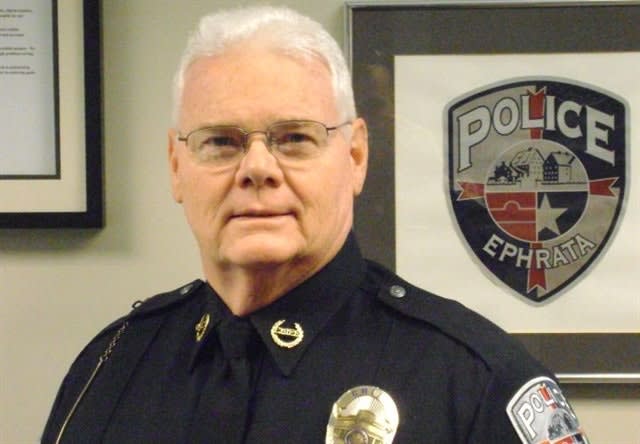"Hey, buddy" is not the way to start a conversation with a superior officer. Introducing your watch commander to a citizen as "Wild Bill" is far too informal and diminishes his position in the citizen's eyes. This happens far more than you think. Matter of fact, I was on the receiving end of both of these. Let's get the decorum lesson behind us.
Law enforcement is steeped in para-military tradition. Rank structure is a key to our successes. You are taught this in the academy, some of us lived this in the military and structure must be adhered to. I'm not talking about calling a commander by his rank if you two are out fishing. There can be friendships, despite the strict fraternizing policies of some departments.
When you introduce your supervisor to a citizen with their proper rank, you set the following standards. First, you show respect toward the department and what it stands for. If the citizen has a problem, complaint or this incident requires somebody from a higher pay grade, they should know it.
This high rank is there to be a problem solver or solution provider with this circumstance. No offense, I've known a few cops named Bubba and Snake. And I've been referred to as Wild Bill (don't know how I ever got that nickname). However, the informed citizen knows circumstances can require someone from higher up the flagpole.
To meet and greet the supervisor who will cure their situation will reek to no end if they are called Wild instead of their respective rank. Also, this informal name will assure the citizen that the fix is in. If the supervisor is on a first named basis, the citizen may believe they won't get equitable treatment. The flip side of this is that when interacting with citizens, the commander must use the proper title for their staff as well. This shows the outsider that we have mutual respect for each other, exhibiting professionalism. It is all based on respect of the system.
I know that there are times you may despise your supervisor. You don't want them around you but due to assignments or situations they're going to be there. If you don't respect them as an individual, respect the rank and uniform they represent. If you disrespect the rank by showing this disregard for your agency's leaders, you're setting yourself up for problems. I've seen this disdain later set the stage for a charge of insubordinate behavior, which is serious at any department and should never be tolerated. If you let your anger or disdain bubble up, you'll let it slip out at the most inopportune time.
How we treat each other and the respect we show our agency is often how we are judged by the public. If we act like professionals without causing citizens to suspect hooliganism, then we will be seen as professionals. If we lower our standards of respect, we are no more than a group of workers. Keep our vocation at a professional level.












